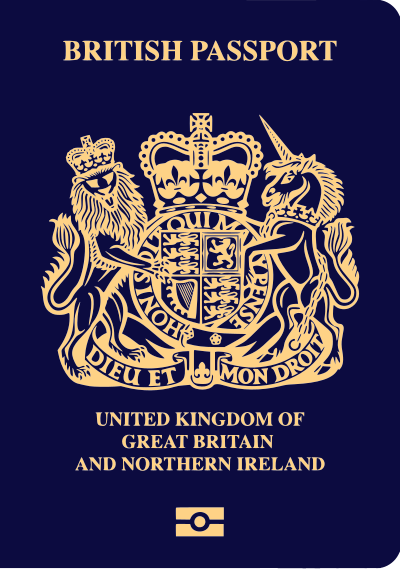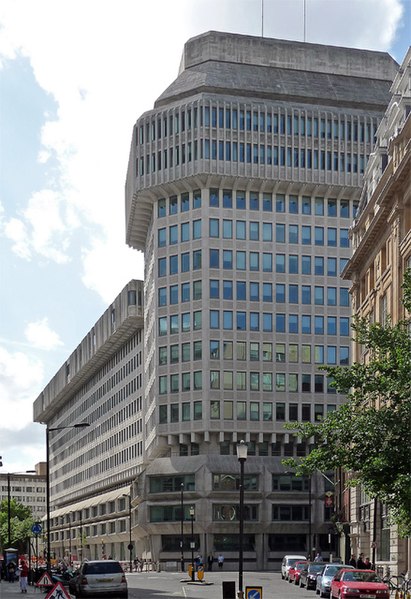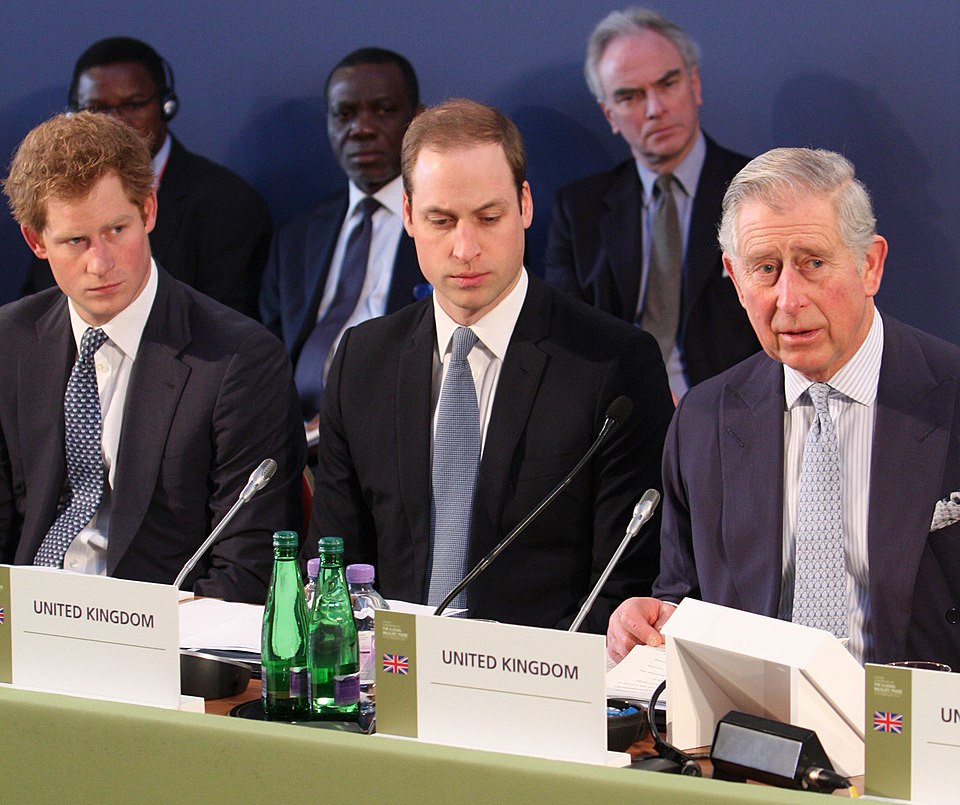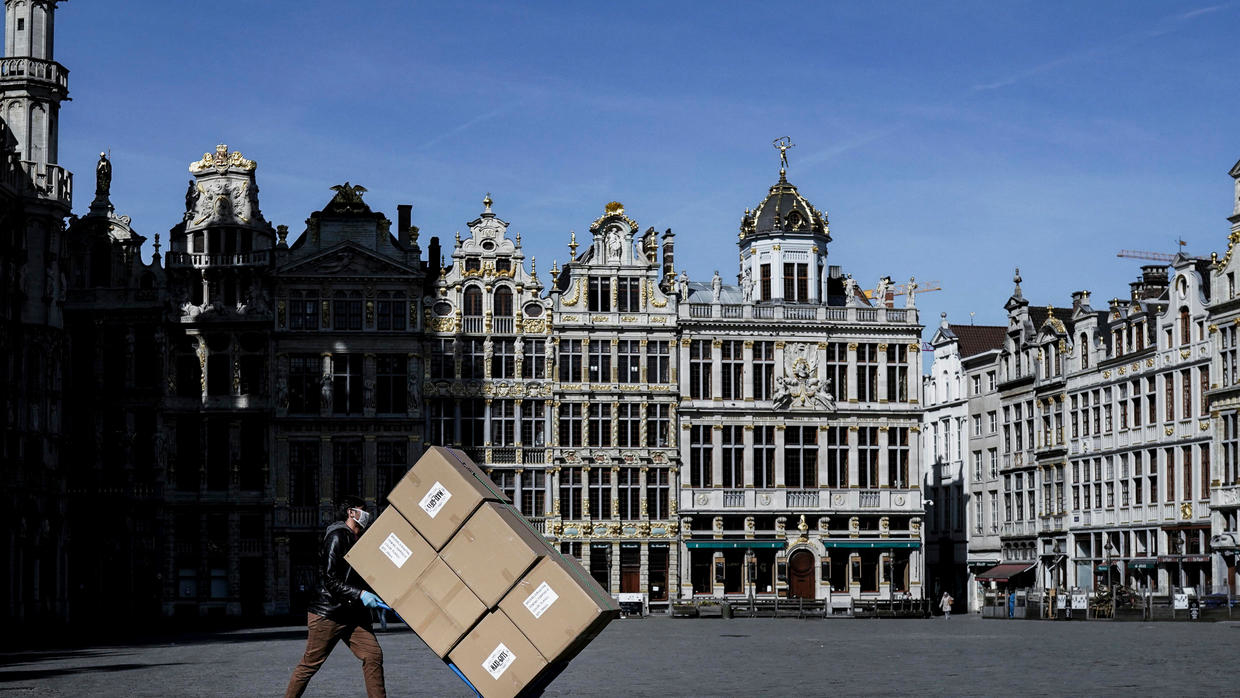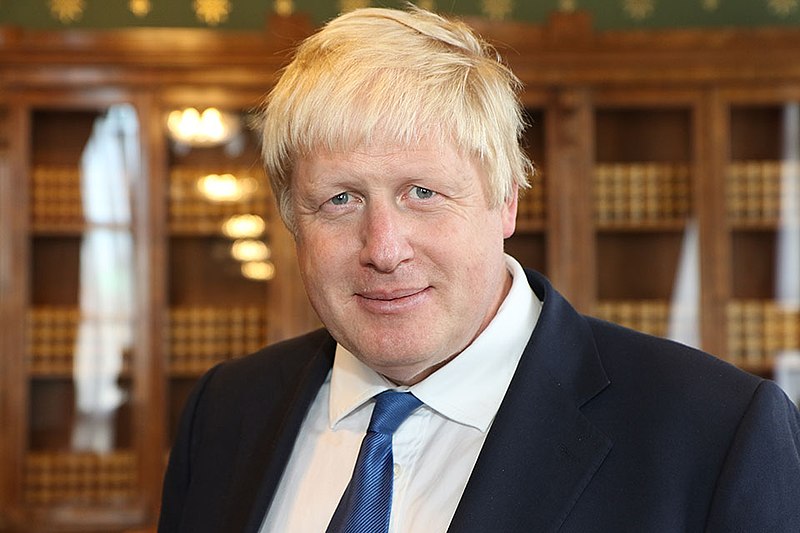
Keir Starmer pledged to lead Britain into a new era of stability and renewal as his Labour Party clinched a sweeping victory in the parliamentary elections, marking an
end to 14 tumultuous years under Conservative rule.
Labour secured a massive majority in the 650-seat parliament, dealing a historic blow to Rishi Sunak's Conservatives, who faced voter backlash over issues including the cost of living crisis, faltering public services, and various scandals.
"We have done it," Starmer declared in his victory speech. "Change begins now... We promised to end the chaos, and we will. Today marks the start of a new chapter, a mission for national renewal, and the rebuilding of our country."
The election outcome reshaped the political landscape in Britain. Labour gained approximately 210 seats, totaling about 410 seats in parliament, while the Conservatives lost around 250 lawmakers, including senior ministers and former Prime Minister Liz Truss.
Meanwhile, the Scottish National Party suffered significant losses, shedding 38 seats and ending its decade-long dominance in Scotland, dealing a blow to aspirations for Scottish independence. Conversely, Irish nationalists Sinn Fein emerged as Northern Ireland's largest party for the first time.
Nigel Farage's populist right-wing Reform UK party, though winning only four seats, influenced the election by diverting considerable Conservative support, making Farage a formidable force in British politics.
In a somber farewell, Sunak announced his resignation as party leader and expressed regret to the nation: "I apologize. You have sent a clear message that change is needed, and I take full responsibility for this defeat."
Despite Labour's decisive victory, polls suggest moderate enthusiasm for Starmer and his party due to Britain's electoral system quirks and low turnout. Labour's triumph, achieved with fewer votes compared to 2017 and 2019, underscores ongoing challenges.
Financial markets responded positively to Labour's win, with the pound, British stocks, and government bonds rising. However, Starmer inherits a nation grappling with formidable challenges, including high tax burdens, soaring debt levels, declining living standards, and strained public services like the National Health Service.
Labour's ambitious plans, such as green spending initiatives, have been scaled back, and Starmer has committed not to increase taxes for working people. He faces pressure to address migration issues and navigate complex Brexit-related challenges.
"Transforming a country is not easy," Starmer acknowledged. "It requires patient, determined effort, and we must act swiftly."
In the Conservative camp, discussions on the party's future direction and the impact of Reform UK's rise have begun, highlighting internal divisions. Some advocate a return to centrist policies, while others argue for a stronger right-wing stance.
"This election result clarifies that it's not just Labour's victory but a reflection of Conservative failures," noted Grant Shapps, former defence minister who lost his seat. "We have tested the patience of traditional Conservative supporters with internal divisions and political dramas."
Starmer's ascension marks a remarkable turnaround for Labour, which faced an existential crisis after the 2019 defeat. Conservative scandals and leadership upheavals eroded public confidence, paving the way for Labour's resurgence under Starmer's leadership.
While promising domestic change, Starmer reaffirmed London's support for Ukraine and maintained continuity on several foreign policy fronts established under Sunak's tenure.
The election victory signals a new chapter for Britain under Labour leadership, promising stability and renewed focus on national priorities amidst evolving global challenges. Photo by Chris McAndrew, Wikimedia commons.



